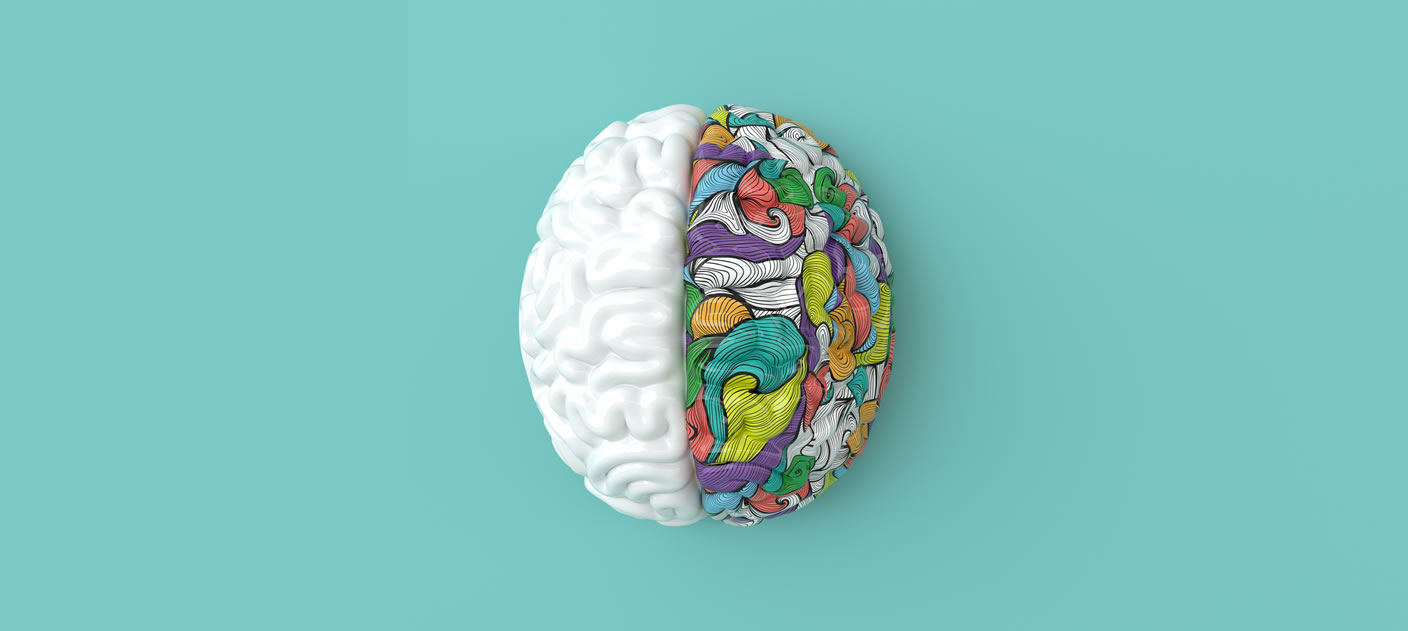How your service could benefit from positive psychology
Published on Tuesday, 09 February 2021
Last updated on Wednesday, 08 December 2021

This article on positive psychology was written for CareforKids.com.au by psychologist Nicole Nossiter, a former primary school teacher and the founder of Growing Strong Minds.
Now more than ever we need to enhance our wellbeing, but have you received training on the science of wellbeing? Early childhood educators are mandated to focus on wellbeing but there are few tools provided to deliver this.
So, what is the science of wellbeing? This is the field of positive psychology, the scientific study of how we function at our best. It was founded by Professor Martin Seligman in 1998.
Prior to this psychology was primarily based on a deficit model, only treating people once they had become unwell. In the last 20 years or so scientists have also researched how people can function at their optimum potential, which is referred to as flourishing.
Topics of scientific enquiry include gratitude, kindness, awe, courage, mindfulness, character strengths and much much more.
So, where do you start?
1. The research indicates that our foundation for wellbeing should be character strengths and mindfulness.
2. Research also stipulates that we must start with staff first. How can we enhance the wellbeing of those around us if we have not looked after ourselves first? Lastly,
3, We need a community focus. To have sustained wellbeing it needs to be embedded within the organisation/centre.
What are character strengths?
Character strengths are described as the distinctive qualities that are the best in us. They are what is important to us, what we value. They help us to feel good and do good in the community and are considered the pathways to wellbeing.
Now we are not talking about any old set of strengths but a particular set of scientifically validated strengths - the VIA Classification of Character Strengths and Virtues (Peterson & Seligman, 2004).
This set of 24 strengths has been extensively researched and found to be valued across culture, religion, gender and race. As such they are applicable to all of us. These strengths include kindness, gratitude, perseverance, bravery, creativity etc.
Benefits of Character Strengths
Spotting strengths in others, for example: "That was kind of you to share the pencils” builds relationships – one of the seven key Quality Areas identified in the Australian National Quality Standard.
Strength spotting helps us build communities as it teaches us to look for the good, unique qualities in others. This emphasises the importance of diversity and creates a culture of inclusivity.
Adopting a strength-based language will also:
-
promote a positive environment
-
build children’s wellbeing literacy
-
provide a common language to collaborate with families and
-
enhance children’s sense of identity and confidence
In addition to spotting strengths in others we need to identify our own strengths and use them more often, this builds our wellbeing and resilience. Educators can identify their strengths by completing the free VIA Survey.
They can then undertake professional development to learn how to develop these strengths themselves, how to spot and nurture them in others and how to embed a strength-based language.
To learn more about positive psychology visit Growing Strong Minds.
Related Articles

A new approach to mental health in education
Beyondblue's new National Education Initiative aims to transform Australia's approach to child and youth mental health care, by providing a single end-to-end school-based mental health framework.

Growing healthy minds - Ideas for educators
Social and emotional skills are important for good mental health, wellbeing and learning. There are core social and emotional skills that children of different ages develop through their relationships and everyday experiences with others.

The benefits of mindfulness for young children
The benefits of mindfulness practice for children in early learning services and simple ideas to try.
